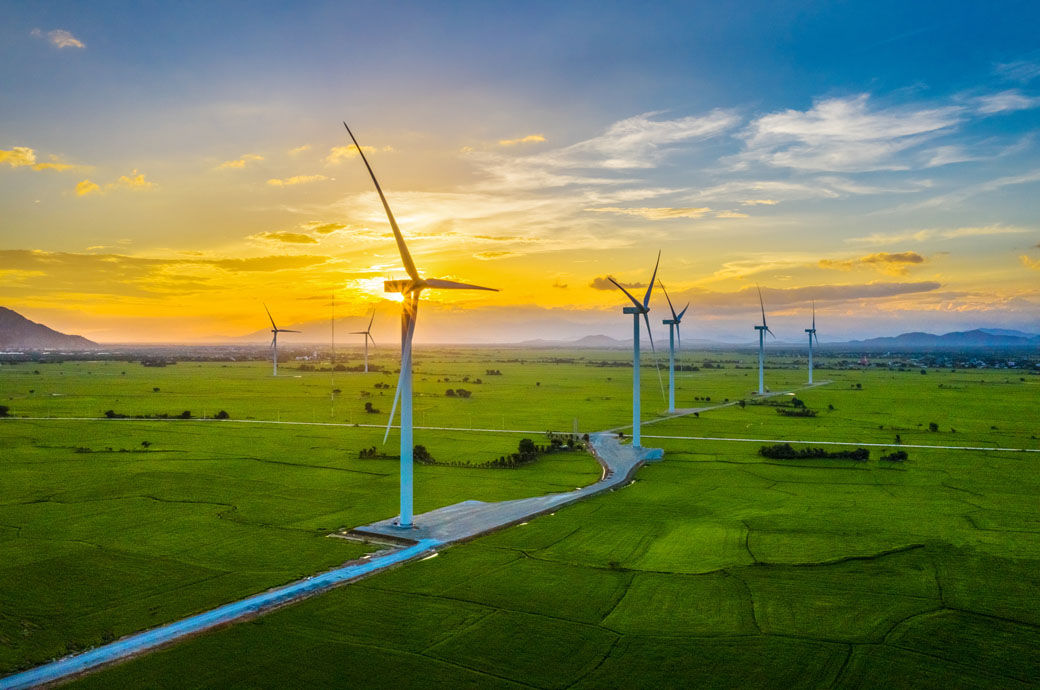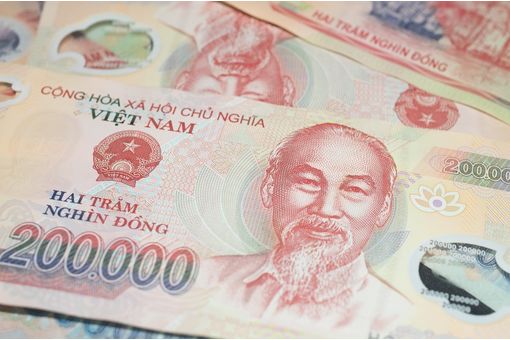Economists urge EU for better energy cooperation across Europe

Insights
- Economists have urged the EU to see the energy crisis following Russia's attack on Ukraine as a wake-up call and strive for better cooperation.
- Switching to non-fossil energy sources can reduce strategic dependency, lower electricity prices and help member states achieve climate targets.
- A strategic future office should also be set up, they said in a paper.
“Not only can switching to non-fossil energy sources reduce strategic dependency: if done correctly, it can also lower electricity prices and help the EU and its member states achieve their climate targets. Further integration of the European electricity markets and gas grids is essential in order to better balance out regional shortages,” they wrote in a paper for the EconPol Europe research network.
Competition-distorting measures like government price interventions should be avoided as these dampen efforts to make savings and reduce incentives to invest.
Short-term interventions could make it more difficult to restructure the energy system in the long term. If they are nevertheless implemented, a balance must be found between support measures for households and those for companies, the researchers wrote.
Europe should also avoid strategic dependencies, for instance on raw materials or hydrogen. This calls for more intra-European flexibility, global supply diversity and an appropriate network of pipelines for hydrogen and gas.
Gas grids would also have to be shut down or repurposed for hydrogen. Ignoring this challenge now will probably drive up costs in the long term, a release by the Leibniz Institute for Economic Research at the University of Munich (ifo Institute) said citing the research paper.
Governments need to create financial leeway so they are able to provide support in times of crisis. It is also necessary to promote the transition to a low-carbon economy. This would not necessarily require an increase in public debt, but rather a reduction in expenditure and an increase in revenue through appropriate pricing of carbon dioxide.
To better deal with future crises, the researchers believe that Europe should set up a strategic future office along the same lines as Singapore and Taiwan.
The authors of the paper are Karen Pittel and Julio Saavedra from the ifo Institute; environmental economist Andreas Loschel from Ruhr University Bochum; Georg Zachmann from the Brussels think tank Bruegel; David Newbery, director of the Cambridge Energy Policy Research Group; Pedro Linares from Comillas Pontifical University in Spain; and Frédéric Gonand from the University of Paris Dauphine-PSL.
Fibre2Fashion News Desk (DS)
































-Ltd..jpg?tr=w-120,h-60,c-at_max,cm-pad_resize,bg-ffffff)





.jpg?tr=w-120,h-60,c-at_max,cm-pad_resize,bg-ffffff)
.jpg?tr=w-120,h-60,c-at_max,cm-pad_resize,bg-ffffff)






